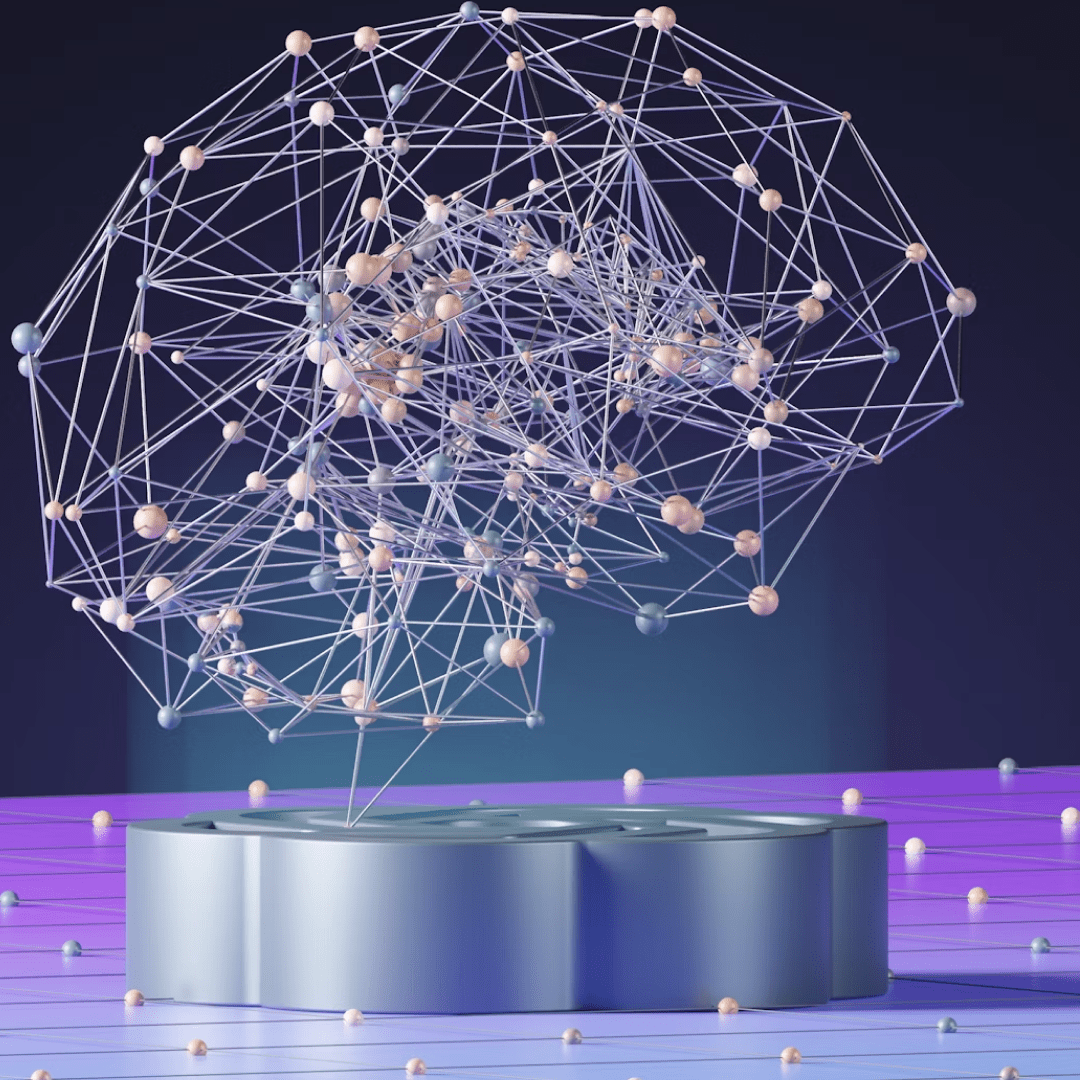
Artificial Intelligence Agents: The Next Frontier of Autonomous Systems Innovation.
Date
Artificial intelligence (AI) is developing rapidly, opening up new opportunities for automation and increasing efficiency in various fields. One of the most promising directions is artificial intelligence agents — autonomous systems capable of performing complex tasks with minimal human intervention.
What are artificial intelligence agents?
AI agents are programs that imitate human behavior and are able to make decisions independently based on analysis of data, the environment, or requests from the user. They can function autonomously or collaborate with other agents to perform complex tasks.
In particular, agents can:
- Respond to changes in the environment.
- Perform tasks according to the specified parameters.
- Learn and improve your performance based on experience.
Fields of application of AI agents
Artificial intelligence agents are already actively used in various industries:
- Customer support: Chatbots that work as assistants in solving customer issues in real time. They provide continuous service without the involvement of live workers.
- Finance: Agents can analyze financial markets, identify risks and make investment decisions faster than a human.
- Cybersecurity: Used to detect threats in real time, automatically react to suspicious activity and protect digital systems.
- E-commerce: Recommender systems analyze user preferences and suggest products that best match their requests.
Popular platforms for creating AI agents
Modern technology companies offer different platforms for developing AI agents. Let’s consider
Top 5 platforms for creating AI agents

1. AutoGen
AutoGen is an open framework from Microsoft that allows developers to build advanced AI applications using a multi-agent approach. It provides a high-level abstraction for managing multiple AI agents that can collaborate to solve complex tasks, simulating human teamwork. Key features include a multi-agent architecture, customizable agents, integration with large language models (LLM), code execution capabilities, and flexible human engagement. AutoGen supports a wide range of applications due to its flexibility and ability to adapt agents to specific tasks.

2. crewAI
crewAI is an open framework for building complex multi-agent AI systems. It provides a high-level abstraction for managing specialized agents that collaborate to solve complex tasks using LLM capabilities. Key features include a role-based design of agents, a flexible memory system (short-term, long-term, and shared), an extensible tool system, multi-agent collaboration, and error-proofing mechanisms. crewAI allows developers to break down complex processes into modular tasks, enabling effective agent collaboration that mimics human teamwork.

3. LangChain
LangChain is an open framework designed to simplify the development of applications based on large language models (LLM). It offers a standard interface for threads, agents, and other components, making it easy to combine them to build more complex applications. LangChain supports various LLM vendors, provides out-of-the-box components (hints, vector stores) and provides a modular and extensible architecture. Key features include an unified interface for LLM, agent functionality, memory management, and support for creating a variety of applications such as chatbots and question-answering systems.

4. Vertex AI Agent Builder
Google Cloud’s Vertex AI Agent Builder is a platform for building enterprise generative AI applications without the need for deep machine learning expertise. It combines Google’s core models, search capabilities, and conversational AI technologies in one environment. Developers can create AI agents using a codeless console or integrate more advanced frameworks such as LangChain. Key capabilities include customizing agents for specific tasks, integration with enterprise data via APIs, AI-powered search capabilities, function calls and extensions, and support for security and compliance with enterprise standards such as HIPAA and ISO 27000.

5. Cogniflow
Cogniflow is a code-free AI platform that allows users to build and deploy artificial intelligence models without programming or machine learning skills. It offers an intuitive drag-and-drop interface and ready-made components, making AI accessible to experts, business users, and hobbyists. Users can automate manual tasks, extract information from unstructured data, and improve decision-making by working with different types of data (text, images, audio, video). Key features include building AI models without code, diverse data support, out-of-the-box models and components, seamless integration with business applications, and support for user collaboration and experience sharing.
Advantages of AI agents.
One of the key advantages of agents is their autonomy. They can function without constant human control, which significantly increases productivity and reduces the need for human resources. Another important advantage is scalability: agents can work with huge amounts of data and perform many tasks simultaneously.
Despite all the advantages, AI agents face certain challenges. The biggest challenge is the need for high-quality data for training. Ethical and safety issues of using AI are also relevant, especially in cases where autonomous systems make decisions that may affect people or business.



